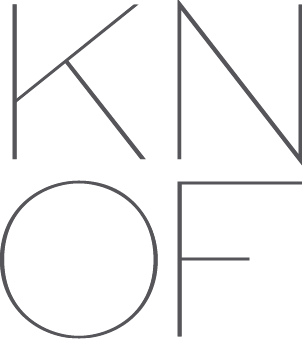20 Things First-Time Homeowners Often Overlook but Shouldn’t!
There’s a laundry list of things to do as a first-time homeowner, but a lot can get overlooked. We’ve got you covered with this printable checklist.
Purchasing a home for the first time is one of the most exciting (and expensive!) milestones we'll ever achieve; however, it can also be intimidating.
You'll now have to deal with maintenance and repairs as a renter. But if you own your home, you can't call the landlord if something breaks down. You'll have to either repair things yourself or call a professional. Either way, the expenses will come out of your pocket!
It can take a while to get used to becoming a homeowner. You'll have many questions during your first few years in your new home. You can ease into the role of homeowner with the help of several guides and resources like this one! Of course, you should seek advice from homeowners, such as family, friends, and professionals like plumbers, electricians, landscapers, etc.
While this list isn't an extensive overview of tips to help navigate your first few years as a homeowner, it will certainly help you remember some things that are often overlooked.
Moving In
1. Change Locks: Whoever owned the house before you may still have a key. You should change the locks to feel safe and secure in your home.
2. Find Shut-Off Valves: Find your home's water, electricity, and gas shutoffs so you'll be ready in an emergency.
3. Change Your Address: Ensure your insurance company, bank, credit card company, and employer all have your new address. This will guarantee that your mail is delivered to your new address rather than your old one.
4. Cleaning Supplies: Remember to have cleaning supplies on hand when you first move in so you can go to work cleaning every square inch. These include toilet bowl cleaner, trash bags, disinfecting spay/wipes, etc.
5. Create a Home Binder: This binder should include things like your mortgage documents, insurance policy, any warranties, final closing documents, and account and contact information for utility companies.
To help you get started here is a list of our favorite home cleaning products. We try to lean toward plant-based products.
House Necessities
1. Tool Kit: Along with cleaning supplies, you’ll want a tool kit that includes measuring tape, screwdrivers, hammers, etc.
2. Air Filters: Air filters should be changed every three months, so you’ll want to change them when you first move in to stay on track going forward.
3. Kitchen Essentials: Unless you enjoy eating fast food, you’ll want to make sure you have plates, eating utensils, cups, pots, pans, napkins, and dish soap.
4. Batteries, Flashlights, and Lightbulbs: Although the lights worked during the walkthrough, there’s no guarantee they’ll work when you move them. Plus, it’s always good to have them on hand, just in case.
5. Household Budget: Owning a home will be more expensive than renting, so having a household budget is always helpful. Your budget should include utilities, mortgage payments, and groceries, but it should also include putting money aside for home maintenance.
Here are some of our favorite kitchen essentials.
Safety and Security
1. Security System: Video doorbells like Ring, Blink, and similar products can give you peace of mind in knowing your home is protected. Plus, you can monitor any activity via your smartphone or tablet, so you’ll always know what’s happening around your home.
2. Update Smoke and/or Carbon Monoxide Alarms: While it’s required that a home have these in place before the sale is finalized, it’s always a good idea to personally update them for your peace of mind.
3. Check Locks: Go around your home and check the locks on all entryways and windows. This is usually done during the home inspection, but it always helps to check (and fix) them yourself.
4. Change Codes on Garage Doors/Security Alarms: If the house you buy comes with a garage door opener or a security system, change the codes when you move in.
5. Get to Know Your Neighbors: Knowing your neighbors can go a long way in keeping you and your home safe. You can ask them about the neighborhood, ask for recommendations about handymen and other service providers, and make new friends! It’s a win-win.





